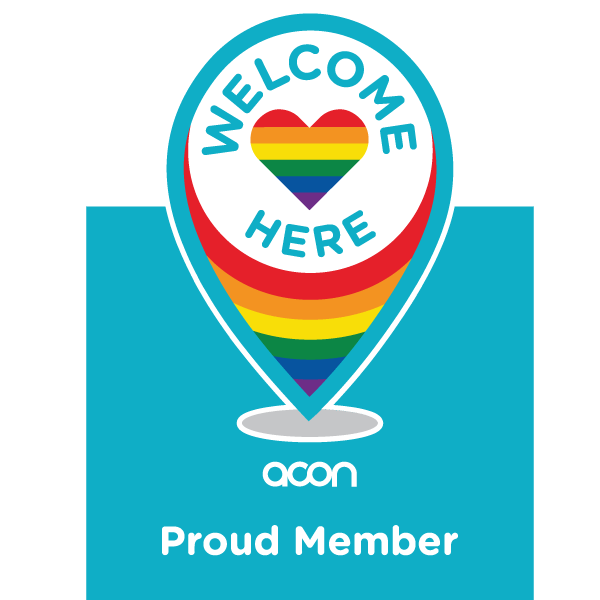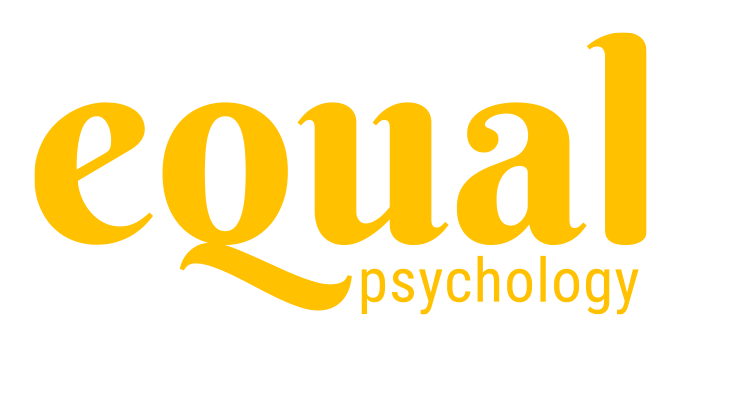
Reflective Practices: Unlock Better Wellbeing Through Curiosity
Reflective practices and self-understanding are essential tools for fostering wellbeing. By engaging in self-reflection, individuals gain insights into their thoughts, emotions, behaviours, and underlying motivations. These practices enhance emotional resilience and promote mental, physical, and social health. Curiosity, when paired with reflection, becomes a powerful catalyst for self-exploration and growth. Below, we explore how curiosity and self-reflection together contribute to overall wellbeing and how they can be integrated into daily life.
Table of Contents
1. How Do Reflective Practices and Curiosity Enhance Emotional Regulation and Mental Health?
Recent studies suggest that reflective practices can significantly enhance emotional regulation, especially when combined with a sense of curiosity. A 2020 study published in Emotion found that individuals who frequently engage in self-reflection and self-awareness are better at identifying their emotions and adopting healthier coping mechanisms (Kross et al., 2020). Curiosity amplifies this effect by encouraging a non-judgmental approach to emotions, allowing individuals to explore their feelings rather than suppress them.
Mindfulness, a reflective practice, becomes even more effective when coupled with curiosity. A study in Frontiers in Psychology (Stanton & Sloan, 2021) demonstrated that expressive writing about one’s thoughts and feelings can lead to greater emotional clarity and a reduction in negative affect. When individuals approach their emotions with curiosity—asking questions like “Why do I feel this way?” or “What triggered this reaction?”—they can uncover deeper insights into their emotional patterns and develop more adaptive responses.
Curiosity also fosters a sense of self-compassion. By treating emotions as experiences to be explored, rather than problems to be fixed, people can reduce self-criticism and cultivate a more accepting mindset. This self-compassion is linked to better mental health outcomes, including lower levels of anxiety and depression (Neff & Germer, 2013).
2. How Can Self-Understanding and Curiosity Promote Personal Growth?
Self-understanding, enhanced through curiosity, leads to personal growth by providing a deeper exploration of one’s values, strengths, and motivations. A 2022 study in the Journal of Positive Psychology found that self-reflective practices help individuals identify core values and align their actions with these values, resulting in greater life satisfaction (Schwartz et al., 2022). Curiosity encourages individuals to continuously explore and reassess their beliefs and goals, which is key to ongoing personal development.
When people view their experiences through a lens of curiosity, they become open to learning from both successes and setbacks. This perspective supports a growth mindset, as individuals see challenges as opportunities for self-discovery and improvement. Instead of asking, “Why did I fail?” they might ask, “What can I learn from this?”—a subtle but profound shift that fosters resilience and personal growth.
3. How Does Curiosity Improve Decision-Making and Problem-Solving?
Reflective practices encourage thoughtful decision-making, and curiosity further enhances this process by promoting open-mindedness. A 2021 study in Consciousness and Cognition revealed that self-reflection is associated with improved metacognition—the ability to think about one’s own thinking (Fernandez-Duque et al., 2021). When individuals approach decision-making with curiosity, they are more likely to consider multiple perspectives and weigh their options more carefully.
Curiosity also reduces the tendency to rely on habitual or impulsive reactions. By exploring their thoughts and motivations, individuals can identify biases that may influence their decisions. For example, by asking, “Why am I inclined to choose this option?” or “What other possibilities exist?” they create space for more deliberate and informed choices.
4. How Do Curiosity and Self-Reflection Strengthen Relationships?
Reflective practices, particularly when guided by curiosity, contribute to healthier relationships by fostering empathy and understanding. A 2022 study in Social Cognitive and Affective Neuroscience demonstrated that individuals who practice self-reflection are better at empathising with others’ emotions (Zaki & Ochsner, 2022). When people approach social interactions with curiosity, they are more likely to listen actively and seek to understand others’ perspectives, enhancing their social bonds.
Self-reflection helps individuals identify their own emotional needs, communication styles, and boundaries, which are vital for relationship satisfaction. When combined with curiosity, these practices allow individuals to explore how their actions affect others. Instead of simply reacting in a conversation, they might ask, “How is my response impacting this situation?” or “What is my partner trying to communicate?” This shift promotes more constructive dialogue and a deeper sense of connection.
5. Can Curiosity and Self-Reflection Improve Physical Health and Stress Management?
Reflective practices such as mindfulness and self-awareness have been linked to stress reduction and improved physical health. A study in Psychoneuroendocrinology (Garland et al., 2021) found that individuals who engage in mindful self-reflection experience lower cortisol levels, indicating reduced stress. When curiosity is added to this reflective practice, individuals become more attuned to their bodily sensations and stress responses. They learn to ask, “What is my body telling me right now?” or “How can I support my physical wellbeing in this moment?”
Furthermore, curiosity-driven reflection increases consciousness about health-related behaviours. A 2022 study in Health Psychology found that individuals who engage in reflective practices are more likely to make positive lifestyle changes, such as adopting healthier eating habits and exercising regularly (Williams et al., 2022). By exploring their daily routines with curiosity, they can identify what works best for their wellbeing and adjust accordingly.
6. How to Incorporate Curiosity-Driven Reflective Practices into Daily Life?
Key Takeaways
Conclusion
Reflective practices, when combined with curiosity, are powerful tools for improving emotional regulation, fostering personal growth, enhancing relationships, and reducing stress. By cultivating a mindset of curiosity, individuals can explore their thoughts and emotions without judgment, leading to deeper self-understanding and positive changes. Integrating these practices into daily life can pave the way for long-term wellbeing and resilience.
At Equal Psychology, our approach to therapy is centred on reflective practices and a strengths-based framework. We believe that self-understanding is the cornerstone of personal growth and wellbeing. By fostering a safe, supportive environment, we encourage curiosity and reflection, helping clients explore their thoughts, emotions, and behaviours without judgment. This process allows individuals to build on their inherent strengths, develop deeper self-awareness, and cultivate practical strategies for navigating life’s challenges. Through our tailored therapeutic approach, clients are empowered to create lasting change and enhance their mental, physical, and social health.
Ready to start your reflective journey?
Book a session with us today.
References
Emmons, R. A., & McCullough, M. E. (2003). Counting blessings versus burdens: An experimental investigation of gratitude and subjective wellbeing in daily life. Journal of Personality and Social Psychology, 84(2), 377-389.
Fernandez-Duque, D., et al. (2021). Reflective thinking and decision-making: The role of metacognition. Consciousness and Cognition, 95, 103-112.
Garland, E. L., et al. (2021). Mindfulness-oriented recovery enhancement reduces opioid craving and misuse: Further analysis of the MORE study. Psychoneuroendocrinology, 122, 104860.
Kross, E., et al. (2020). Self-distancing facilitates adaptive emotional regulation. Emotion, 20(6), 916-930.
Neff, K. D., & Germer, C. K. (2013). A pilot study and randomized controlled trial of the mindful self-compassion program. Journal of Clinical Psychology, 69(1), 28-44.
Schwartz, B., et al. (2022). Reflective self-awareness and its impact on life satisfaction. Journal of Positive Psychology, 17(1), 56-68.
Stanton, A. L., & Sloan, D. M. (2021). Expressive writing and emotional

